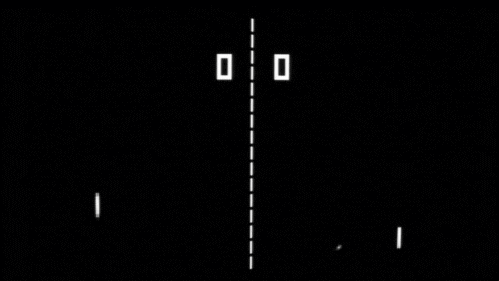“My Shit Doesn’t Work in the Playoffs”
I’m a lifelong San Francisco Giants fan, meaning I will be cherishing my team’s win in the 2010 World Series for the rest of my life. But the irony is, that now-legendary Team of Misfits isn’t remotely the best Giants team of the last 25 years.
Which brings me to Billy Beane and “Moneyball.” Now a major motion picture, “Moneyball” is the story about how Billy Beane built a contending team in Oakland by identifying inefficiencies in the market for baseball players. (Don’t let anyone tell you different.)
Aha, the critics natter. But Beane’s Oakland A’s have never won anything, so the whole thing’s a fraud.
Not true: Beane’s teams have had more regular-season success than you’d expect, given their payroll. But once a team has a good regular season, what happens? They playoffs begin. The regular season is a 162-game laboratory designed to expose the best teams over the long haul. The playoffs are a set of short series, where a single bad day from your ace or slump from your power hitter can cause you to be unceremoniously bounced.
Or as the esteemed Mr. Beane famously said, “My shit doesn’t work in the playoffs.”
The Giants of 2010 hit the playoffs at the right time, hot off a tight divisional race with the Padres and with all their pitchers playing at their best. If Tim Lincecum was pitching in October the way he pitched in August of last year, the Giants wouldn’t have even won their first series. If you pit last year’s playoff teams in a simulation that includes average stats for the entire year, the Giants are toast. They were hot, they were lucky, and they were in a playoff system that favors four strong starting pitchers over pretty much all else.
I’d take the Giants of 1993—who didn’t even make the playoffs—over the 2010 crew. I’d take the 2000 version, too, the one with the best record in the National League who got one-hit by the Mets. Those teams were better, but they crapped out in the postseason.
So as we look at this year’s potential playoff match-ups, it’s easy to find favorites. The Phillies are having a season for the ages. The Yankees are always formidable. The Rays, if they manage to blow past the Red Sox, will have some momentum on their side. The Diamondbacks are riding a wave of improbability that reminds me of the Giants in 1997.
But in the end, who will win? Comrade Monteiro will tell you it’s the Phillies. Comrade Gruber, the Yankees. History will tell you that all eight teams will have a roughly 12.5 percent shot at winning that sparkly ring. Lots of great statistical minds have tried to figure out the secret sauce that spells playoff success, but to no avail. In the end it’ll come down to an unexpectedly hot player, or a failure by someone in a slump, or an untimely injury.
In the end we’ll celebrate the winner as having undeniable moxie, and that’ll be true, just like it’s inevitably true that the winner of the NCAA basketball tournament will always finish the season with six straight wins. But how that story unfolds will really only make sense in hindsight. Right now, it’s anyone’s guess.
It might not be fair to those great regular-reason teams (this is why European football awards one trophy for winning your league and others for tournaments), but it does provide great drama. It also makes the fans of a dominant team like the Phillies a little nervous. Being a favorite going into the playoffs is not a good position to be in, because there are no favorites, not really. That shit just doesn’t work in the playoffs.

